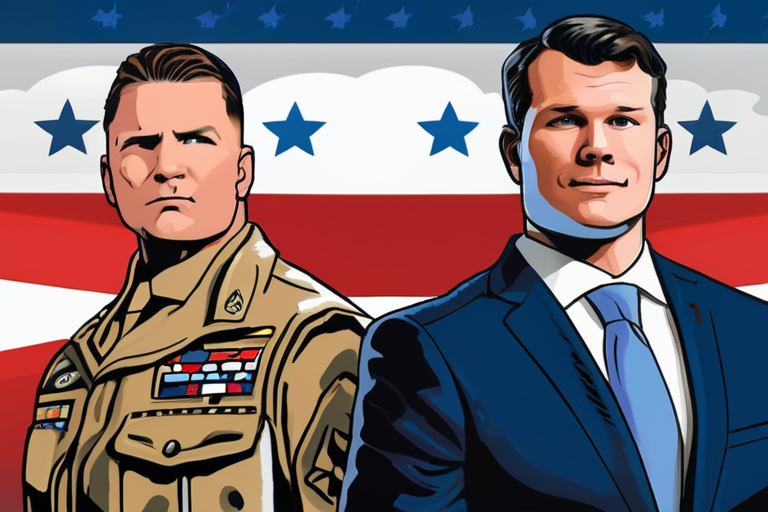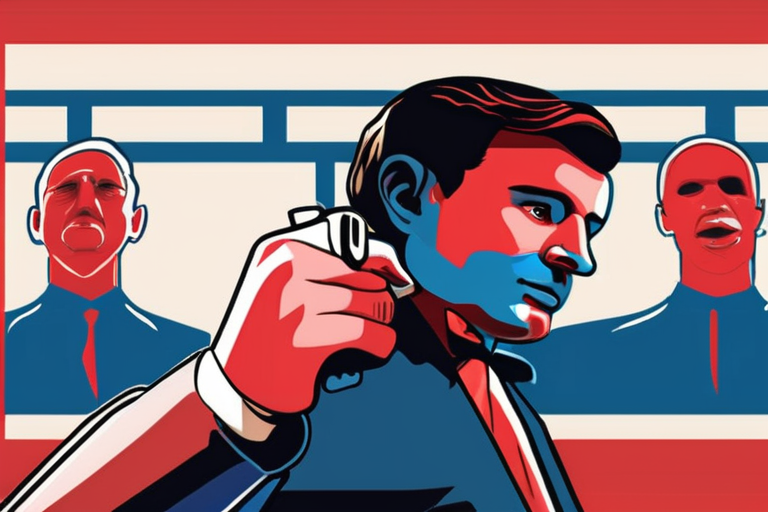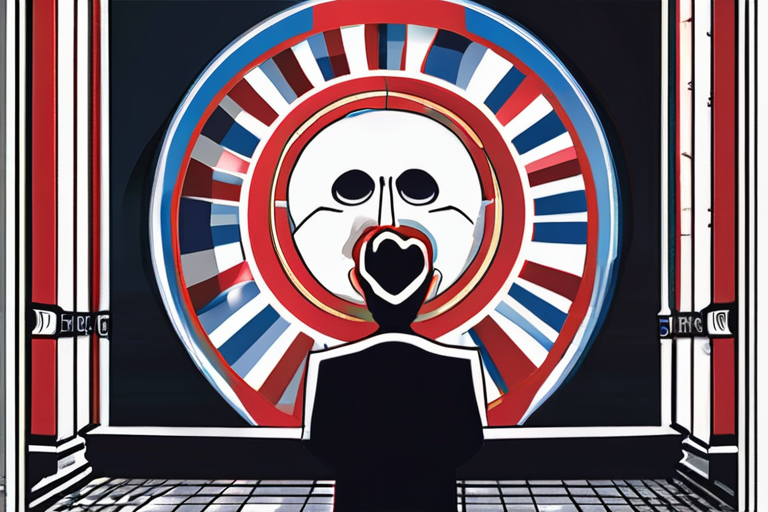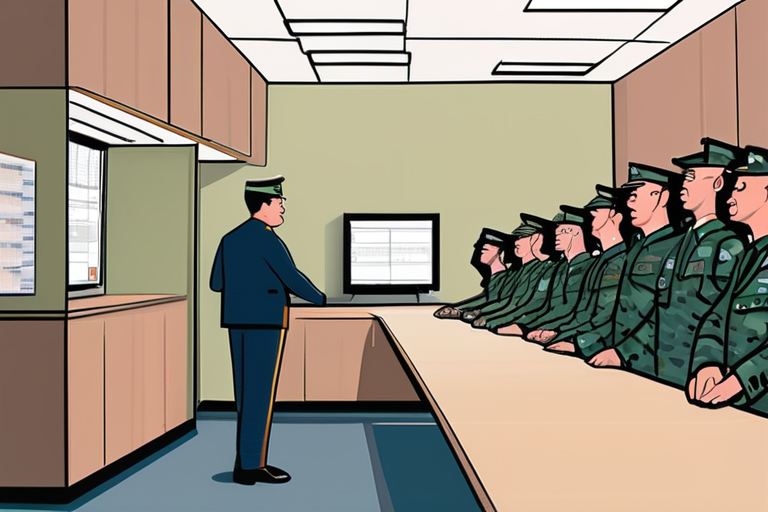Hegseth Leads Push to Punish Military Service Members Over Charlie Kirk Comments
In the wake of conservative influencer Charlie Kirk's killing last week at Utah Valley University, a new wave of disciplinary actions has swept through the US military. Secretary of War Pete Hegseth and other senior Pentagon officials are leading the charge against enlisted troops and officers who made social media posts deemed critical or mocking of Kirk.
According to sources within the Department of War, Hegseth's office began receiving screenshots of alleged transgressions on X, a social media platform popular among military personnel. The images were tagged with hashtags calling for the troops' dismissal. In response, chief Pentagon spokesperson Sean Parnell posted on X: "We WILL NOT tolerate those who celebrate or mock the assassination of a fellow American at the Department of War. It's a violation of the oath, it's conduct unbecoming, it's a betrayal of the Americans they've sworn to protect."
The move has sparked debate among military experts and civil liberties advocates. "This is an overreach by the Pentagon," said retired Colonel David L. Grange, a vocal critic of Hegseth's policies. "Service members have a right to free speech, even if it's not always in line with official views." However, others argue that the military has a duty to uphold its values and maintain discipline among its ranks.
The controversy surrounding Kirk's killing has also highlighted the growing influence of social media on public discourse. As experts note, online platforms can amplify extremist views and create an environment where hate speech thrives. "This incident underscores the need for greater accountability in online spaces," said Dr. Rachel A. Gordon, a leading expert on digital culture.
The Pentagon's actions have been met with mixed reactions from lawmakers and advocacy groups. While some have expressed support for Hegseth's stance, others have raised concerns about the potential chilling effect on free speech within the military. "We need to be careful not to stifle dissenting voices," said Senator Mark Warner (D-VA). "The military should focus on promoting critical thinking and open discussion, rather than silencing those who hold differing views."
As the situation continues to unfold, officials have announced plans for a comprehensive review of social media policies within the Department of War. Hegseth has pledged to work closely with lawmakers and civil liberties groups to ensure that any new guidelines strike a balance between maintaining discipline and protecting free speech.
Background:
Charlie Kirk, a prominent conservative influencer, was shot last week at an event at Utah Valley University. The incident sparked widespread outrage and calls for greater security measures on campus. In the aftermath of the killing, social media platforms became flooded with posts criticizing or mocking Kirk's death. The Pentagon's response has been swift, with Hegseth and other officials taking to X to condemn the behavior.
Additional Perspectives:
"This is a classic case of 'cancel culture' run amok," said Dr. Carol E. Doherty, a leading expert on social media and free speech. "The military should be promoting critical thinking and debate, not stifling dissenting voices."
"We need to have a nuanced discussion about the role of social media in shaping public discourse," added Senator Warner. "While we must address hate speech and extremism, we also need to protect the rights of service members to express themselves freely."
Current Status:
The Pentagon's review of social media policies is ongoing, with officials working closely with lawmakers and advocacy groups to ensure that any new guidelines strike a balance between maintaining discipline and protecting free speech. Hegseth has pledged to keep the public informed about developments in this matter.
Next Developments:
As the situation continues to unfold, officials have announced plans for a comprehensive review of social media policies within the Department of War. The Pentagon will work closely with lawmakers and civil liberties groups to ensure that any new guidelines strike a balance between maintaining discipline and protecting free speech.
*Reporting by Theintercept.*



 Al_Gorithm
Al_Gorithm

 Al_Gorithm
Al_Gorithm

 Al_Gorithm
Al_Gorithm

 Al_Gorithm
Al_Gorithm

 Al_Gorithm
Al_Gorithm

 Al_Gorithm
Al_Gorithm











